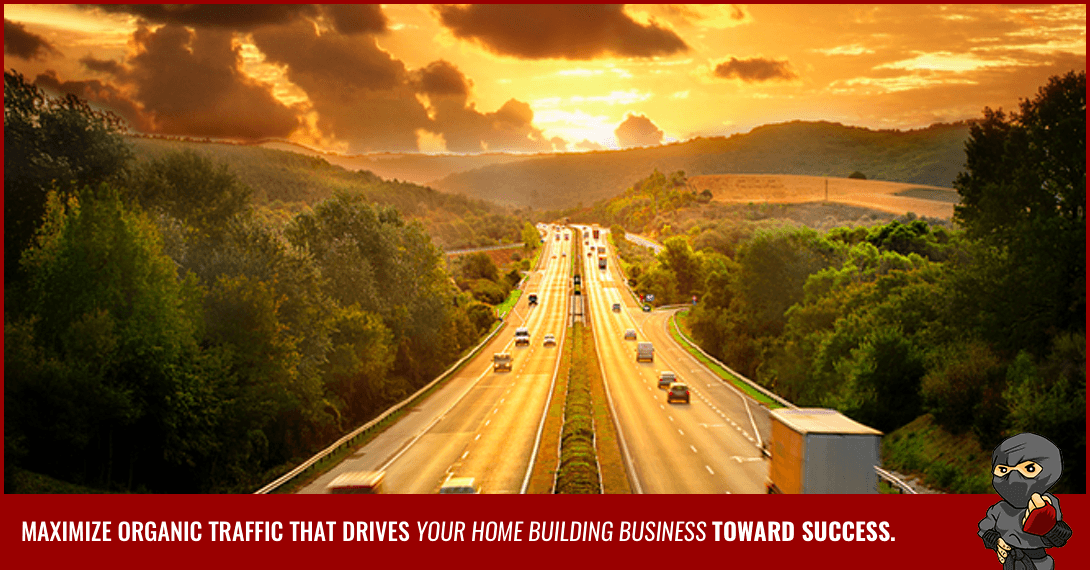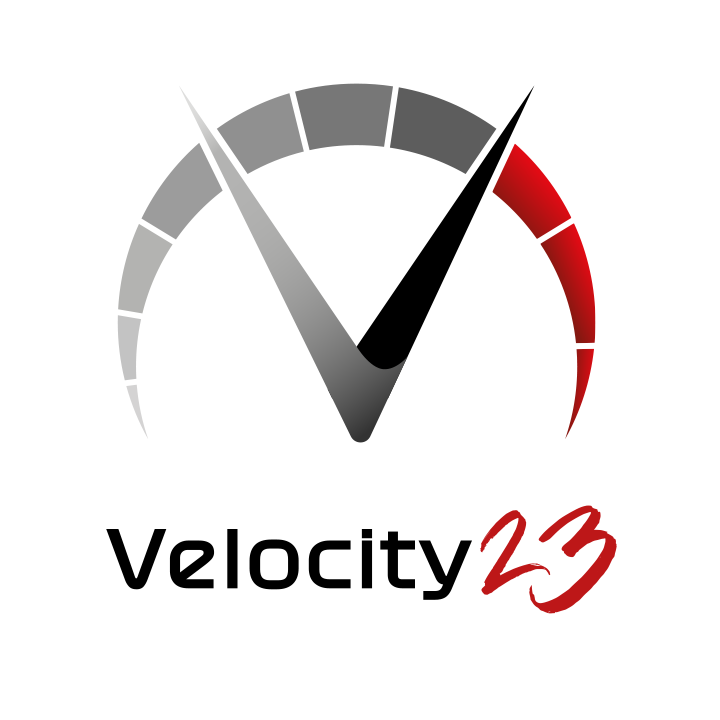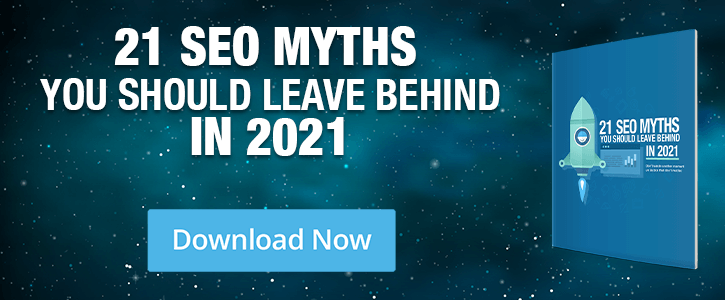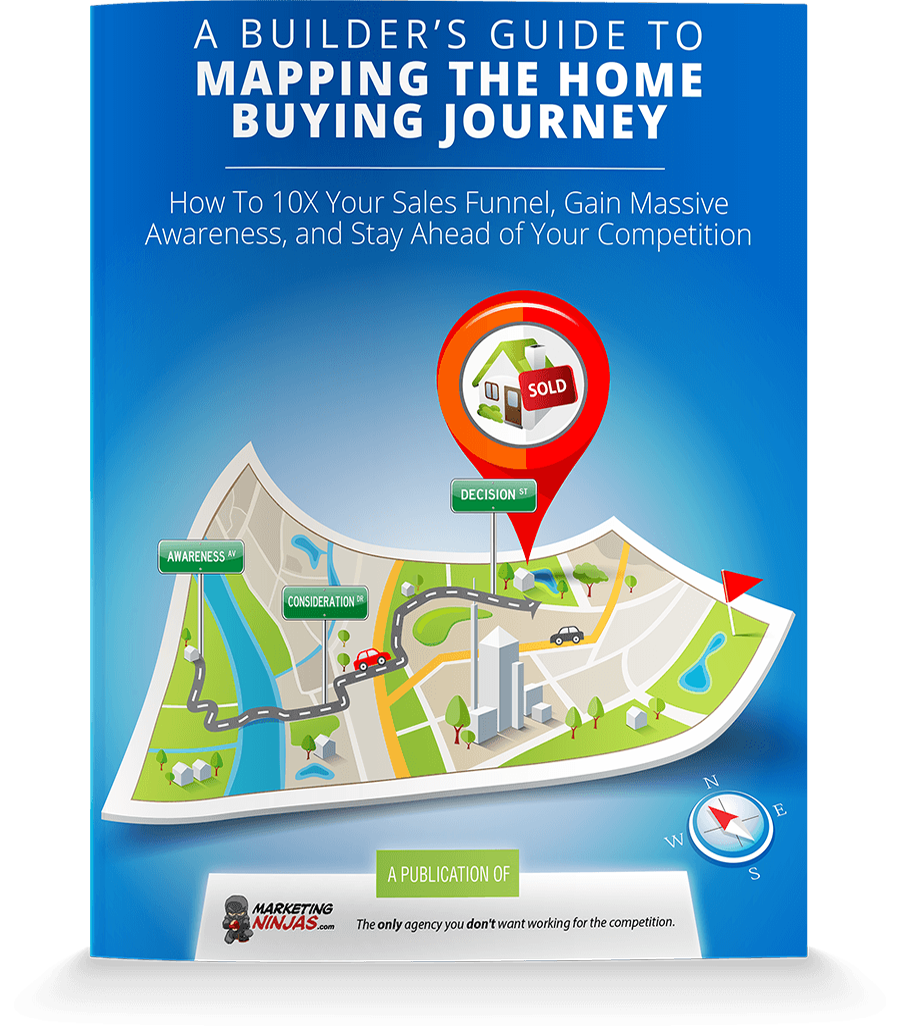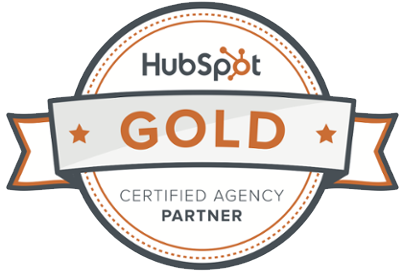What Is Organic Traffic and Why It Matters to Home Builders
If you're ready to start improving traffic to your website, to boost sales and leads and grow your home builder business, keep reading. We're breaking down everything you need to know to answer the question, "What is organic traffic?"
Reading time: 10 minutes
Level: Novice
Key Takeaways:
- definitive meaning to the term organic traffic - you might be surprised!
- get a deeper understanding of how a search engine works
- learn strategies related to keywords searches and usages, along with how backlinks help
- pros and cons of both organic and paid traffic
If you'd like to read a summary of this post, simply click here.
If you've ever run a web search or talked to a friend about online marketing, you've probably heard the term "organic traffic."
But what is organic traffic?
Figuring out the answer to that question is essential to growing your home builders website and boosting leads and sales. But it's far more complicated than simply supplying a definition.
To figure out an answer to the question, "What is organic traffic?" you need to examine the different ways that search engines direct traffic, the strategies that affect traffic flow, and how you can utilize these strategies to affect your own website's traffic.
What is Organic Traffic?
If you scour the internet for answers to the question, "What is organic traffic," you'll likely find many different answers.
Some people will tell you that organic traffic is traffic that you don't pay for. Others will say it is anything that isn't an advertisement. Still, more will call it natural traffic.
While these answers aren't necessarily wrong, they aren't entirely right either.
While websites may not directly pay for organic traffic as they do with PPC ads (more on these later), that doesn't mean that they didn't pay - or at least put in a big-time commitment - for that organic traffic.
While websites may not call their carefully crafted headlines and bylines "advertisements," they share many characteristics with web ads.
And while web surfers may naturally click on whichever search result appeals to them, the work that goes into convincing these surfers that one result is a better choice than another is far from natural. Like all things related to conducting business online, those results are carefully and meticulously crafted.
But the thing that sets organic traffic apart from paid results is that those carefully and meticulously crafted results look natural and organic.
So a more appropriate answer to the question "what is organic traffic?" is that it is many things. It's traffic prompted by web strategies like SEO. It's traffic that is spurred by catchy headlines, rather than a small label of "ad" beside a result.
It's also traffic that websites have worked very, very hard for, rather than being achieved with the quick swiping of a credit card and money passed to an ad agency.
Knowing the answer to "What is organic traffic?" and figuring out how to get organic traffic are two very different things. To learn the second, you'll need to start by learning about Google and other search engine's ranking algorithms.
 Google Algorithm and Search Engine Ranking Systems
Google Algorithm and Search Engine Ranking Systems
To better understand the answer to the question, "What is organic traffic?" you need to understand the ways that search engines determine which results to rank where.
If search engines randomly released results related to a set of keywords typed into a search bar, we likely wouldn't be Googling every little idea that pops into our head.
That's because the results would be entirely random, and most likely, irrelevant to what we are searching for.
The keywords "buy a home" might prompt home remodelling services, interior design tips, and even foster home services. Each of those websites is related to the word "home," after all. But that isn't what you were looking for with that phrase.
Search engines realize this. They've created complex algorithms that allow them to deliver results that are as close to what web surfers are looking for as possible.
To put it very simply, when you type in the phrase, "buy a home," Google or whichever other search engines that you're using looks for websites that use that exact phrase. Then, they deliver the site that has the most results for that phrase, high levels of traffic, and no red flags, such as indicators that it could be a spam site.
The actual process is much more complicated.
The process by which each search engine chooses results to present for a set of keywords involves many different factors. To keep websites from taking advantage of these factors to give their site a leg up, the search engines keep their algorithms under lock and key.
Luckily, web owners have figured out a few of the most important factors. Here are a few that you need to know about if you want to learn the answer to "What is organic traffic" and start taking advantage of its benefits.
 Keyword Usage
Keyword Usage
If website owners have any clues about answers to the question "What is organic traffic?" it's usually that keyword usage has something to do with it.
That's because the keywords that you choose to use on your site, how often you use them, and how closely they match actual searches that web surfers run, affects your site's ranking. In turn, that affects your site's organic traffic.
To make sure that you're choosing the right keywords, it's a good idea to run a keyword search.
This will help you figure out which keywords your competitors are using and how often web surfers are using those keywords.
Once you've chosen the right ones, it's time to add them to your site. You'll want to add them in a way that sounds natural.
While you'll want to repeat them often, don't overdo it or resort to adding them in an odd, unnatural way. Otherwise, you'll end up sounding like spam.
Backlinks
Another important factor in Google and other search engine algorithms are backlinks. Backlinks are links inserted in your site that direct to a different website.
While it may seem counterintuitive to direct your visitors away from your site, this helps give your site a natural appearance.
Just make sure that you aren't directing your visitors to competitor's websites. Instead, consider linking to news or educational sites, online articles, or other relevant, non-competitor's websites.
 Content
Content
The place that you'll insert your keywords and links is also important. That place is your content.
Your content includes any bodies of text on your site. It ranges from your home or about pages, lists of your products or services, and articles or blogs included on your website.
Google and other search engines look to see how much content you have, and the ratio of keywords and backlinks to that total. They also look at the age of that content.
Keep producing and updating content to continue working to boost your rank and increase organic traffic! This is so important if you want to have an effective inbound marketing strategy using content to influence potential customers at each stage of the home buying journey.
Google and other search engines are constantly updating and improving their algorithms. That means that you need to stay up to date on changes as well if you want to continue to grow your organic traffic.
To complete your answer to the question, "What is organic traffic," it's time to examine the opposite of organic search results.
What is Paid Traffic?
Now that you know a more complete answer to the question, "What is organic traffic?" it's time to learn about the alternative.
Paid traffic is any traffic that is directed to your site from a paid advertisement.
There are several different types of advertisements that websites use to try to prompt paid traffic.
One type? Ads on social media. These are often disguised as normal posts on Facebook, Instagram or Twitter. They may feature photos that appear to be genuine, rather than looking like advertisements. They often feature catchy headlines and include a link back to the website that paid for the ad.
Another type of advertisement is a paid search result. On Google, these appear at the top and bottom of a list of search results.
These paid search results look a lot like the organic results that appear above and below them. The only difference is a small box that says "ad" that appears next to the result. To the unsuspecting, uninformed web surfer, these appear to be organic search results.
But those web surfers may be surprised when they land on that site and the result isn't what they were looking for, or at least wasn't a close match.
 Choosing Between Organic and Paid Traffic
Choosing Between Organic and Paid Traffic
Both organic and paid traffic strategies require an investment.
Choosing Paid Traffic
Paid traffic is always an investment of money. If you choose to pay for ads on Google, you'll need to visit their Adwords section to choose the type of ads you want, how often you want them to appear, and which keywords to link them to.
Once you've put those ads up, any traffic you receive will only continue as long as you continue to pay for that ad. If you stop paying for it, your ad will disappear and any traffic associated with it will come to an end.
Choosing Organic Traffic
Now that you know a better answer to the question, "What is organic traffic?" you might be wondering how to get organic traffic on your own site.
If you choose to try to create organic traffic, you'll still need to make an investment.
If you have experience with SEO strategies, you could invest your own time and effort.
But if you're starting from scratch with a new website, it will take a lot of time to hone your strategy, create content, and start increasing your traffic. During this time, you may be taking away from other areas of running your business, which could cost you money.
If you don't have prior SEO experience, you could take the time to learn and try to implement these strategies on your own. But it will be a big time commitment, and you may not enjoy immediate results.
Another option to increase organic traffic is to invest in professional help. Professional SEO services offer a solution for getting and boosting organic traffic without the need for you to learn SEO.
Benefits of Organic Traffic
Strategies for gaining paid search traffic may seem much easier. But the reality is that you'll be missing out on a ton of benefits of organic traffic.
When the internet was new, casual web surfers may not have been familiar with the difference between paid and organic results. But now, most people understand the difference. And if they don't, Google is helping to warn them by including the little "ad" symbol next to paid results.
Most web surfers will avoid clicking on paid search results. Instead, they'll keep on scrolling down until they reach the organic results.
In fact, about 70 to 80 percent of users will ignore paid search advertisements.
Another benefit of organic traffic are leads that are more solid.
Because paid search results aren't always an exact match the search that a web surfer has run, they may not stay on your site for long.
But organic traffic has connected with your site because it closely matches the keywords that they typed in. This means that when they land on your site, they'll be more likely to find what they are looking for.
If you want to make the most of your investment in traffic strategies, organic traffic strategies are always the best choice. Now that you know the answer to the question, "What is organic traffic," you can start putting these strategies to work on your own website.
 Launching Your Own Search Traffic-Boosting Strategies
Launching Your Own Search Traffic-Boosting Strategies
Now that you have an answer to the question, "What is organic traffic?" you have a better idea of what it means to target organic and paid traffic. You understand the requirements for each, as well as their strategies and benefits.
It's time to use your new information to make the choice of traffic-boosting strategies for your website.
Increasing traffic to your home builder website is essential for success. Whether you're offering valuable content on your blog to help your target audience with the home buying process or advertising your latest promotions, increasing traffic is the only way to grow your site.
With more traffic comes more solid leads and in turn, more home sales.
If you're ready to start increasing your organic traffic to your website, subscribe to our blog today. We'll deliver content marketing tips and tricks right to your inbox, to help you learn the strategies that you'll need to succeed!
Summary
While there is no single answer to the question "what is organic traffic?" you can narrow it down to a basic statement: organic traffic isn't paid for, doesn't have an "ad" tag on it, takes a lot of work to get, and looks and feels natural to the searcher. Here's the thing: over 70% of searchers IGNORE paid advertisements. Seems like a waste of money, doesn't it...
The search engines have extremely complicated algorithms to help ensure users get relevant results when they search. It's not just the keywords; there are many factors to take into account. While keyword usage is important, you need to look at other factors too. These include:
- Backlinks to and from your site: are they from reputable sources?
- Content: is it useful? Does it make sense? Is your site content kept up-to-date?
You'll also need to ensure you understand exactly what paid traffic is. On the surface, it sounds simple. It is simply traffic you spent money on, right? However, there are many different places to spend money on traffic, not just Google Adwords. We're talking about things like Facebook - yep, those ads on Facebook would be classified as paid traffic.
What it all boils down to is making the choice: organic or paid traffic. While we aren't saying there aren't benefits to running some paid traffic ads to your home builder site, once you close your wallet, that traffic is gone. Why not start with traffic that can't be taken from you?

